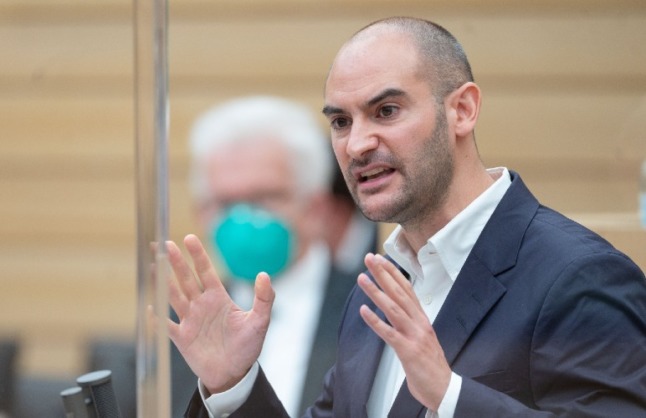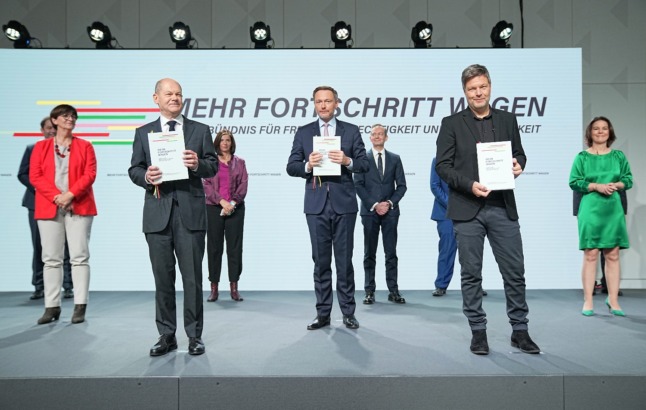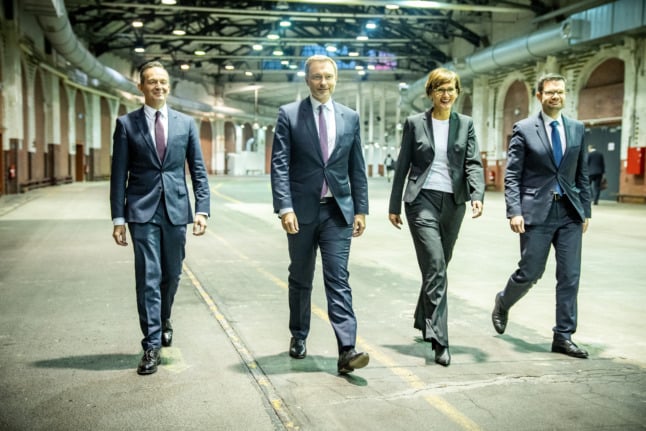The initiative, first introduced by the Green-led state of Baden-Württemberg this week, gained the backing of the party’s candidate to be chancellor, Annalena Baerbock, who told TV channel ProSieben on Wednesday “we need to create places where significant fraud can be reported, when cases are known”.
The backlash has been swift in a country where anonymous denunciations recall the dark period of Nazi rule and mass surveillance under the communist government of East Germany.
The best-selling Bild daily slammed plans to create what it called a “tax Stasi”, a reference to the feared East German secret police who used a web of informants to keep tabs on citizens.
The Greens have “once again shown their true face”, the deputy leader of the Baden-Württemberg conservatives, Thorsten Frei, said in a statement, despite his party being part of the ruling coalition in the state.
“Every hard-working and tax-paying citizen” would now be under suspicion, he added.
While digitising the tax system was important, “beginning with denunciations between neighbours is baffling”, the leader of the pro-business FDP party Christian Lindner told the Frankfurter Allgemeine newspaper.
The initiative creates an “atmosphere of mistrust” said Bernd Goegel, the leader of the far-right AfD in Baden-Wuerttemberg.
Baden-Wuerttemberg’s finance ministry brought the website online at the beginning of the week, promising a “secure and discreet” means of reporting potential tax crimes.
“Tax evasion is a slap in the face to all those who honestly pay their taxes,” said Danyal Bayaz, the state’s Green finance minister.
A few weeks before the September 26 general election, the new initiative by Germany’s only Green-led state has stirred up debate in a country where tax fraud has been estimated at 50 billion euros a year.
Germany has a “big problem”, said chancellor candidate Baerbock, rejecting comparisons with the Stasi as “mocking” its victims.




 Please whitelist us to continue reading.
Please whitelist us to continue reading.
Member comments